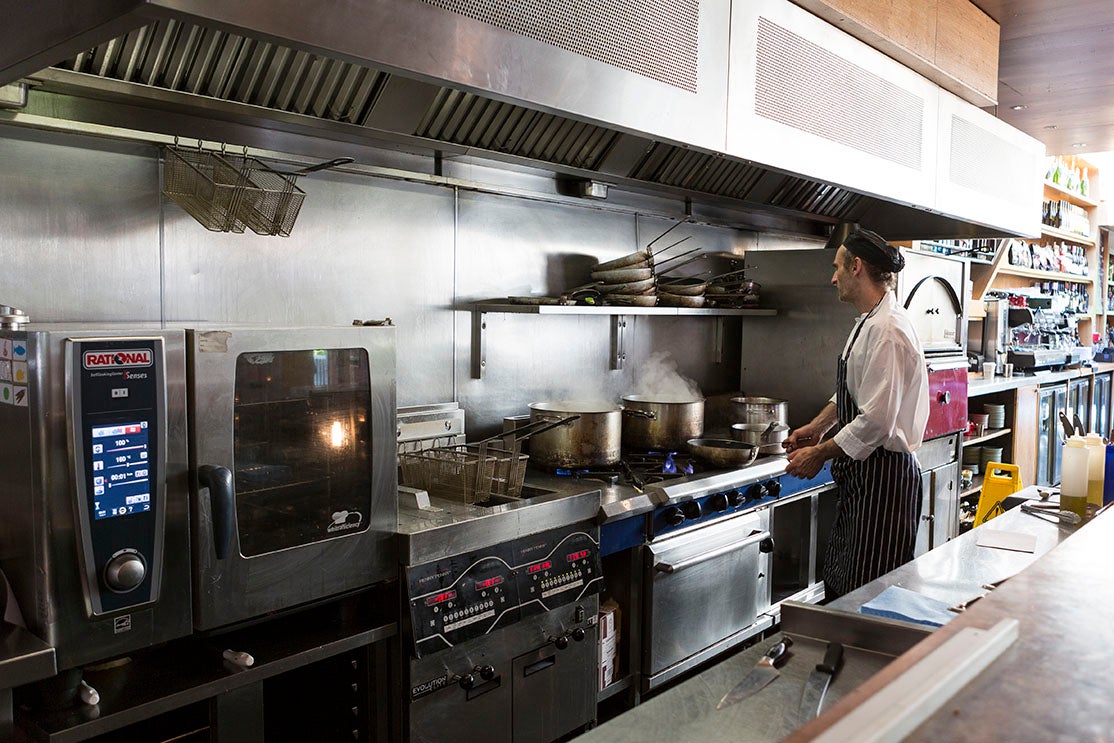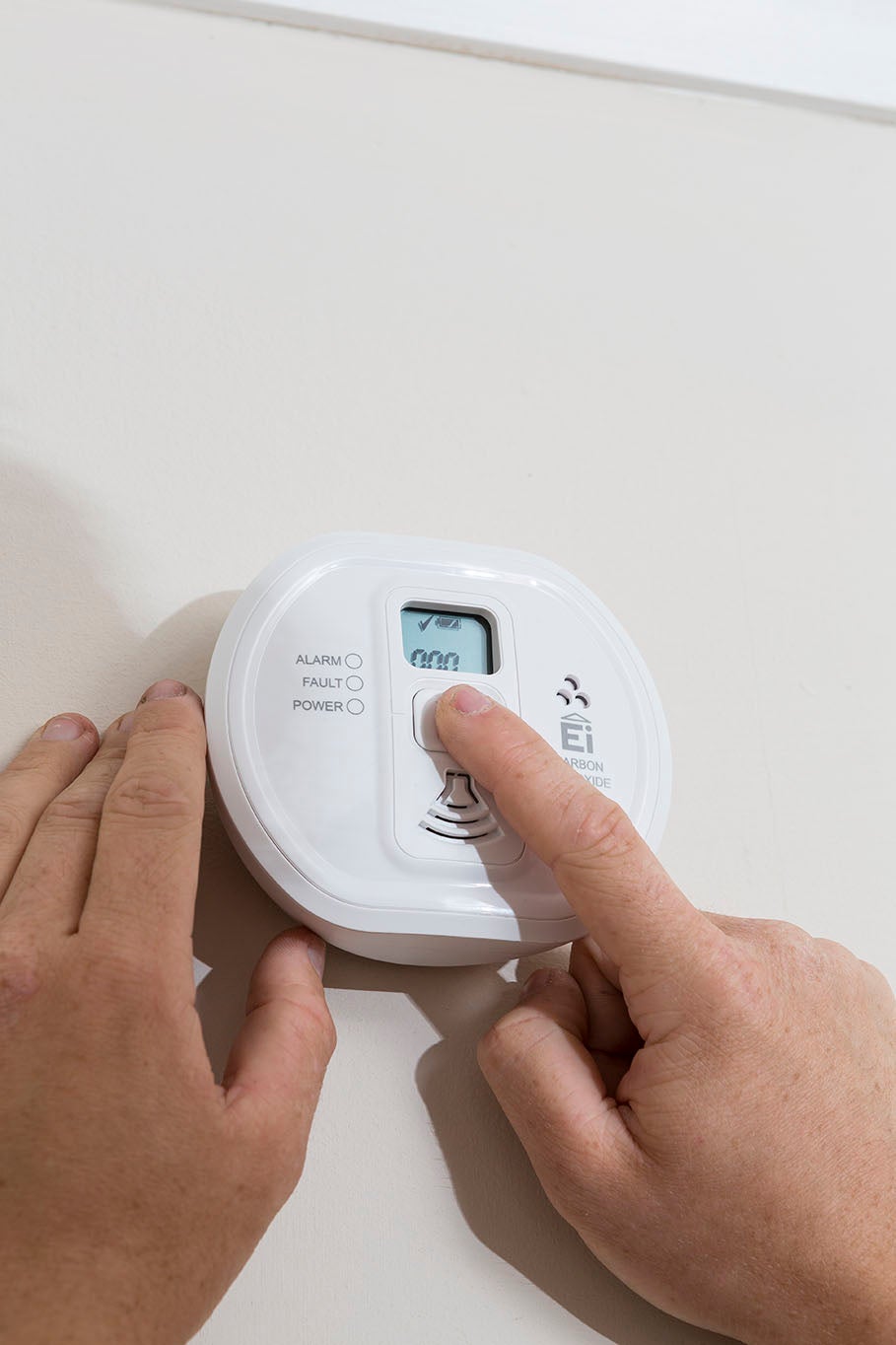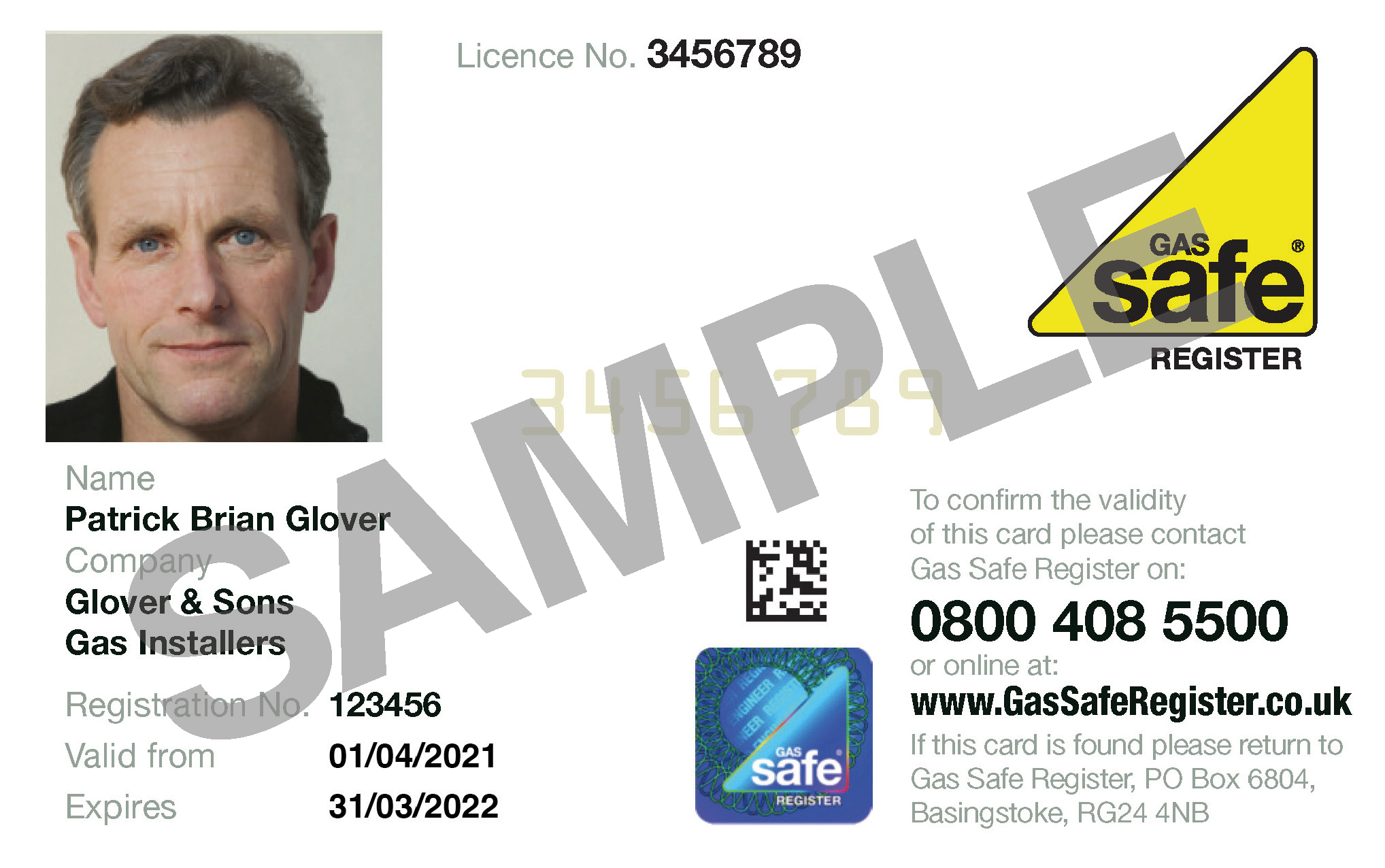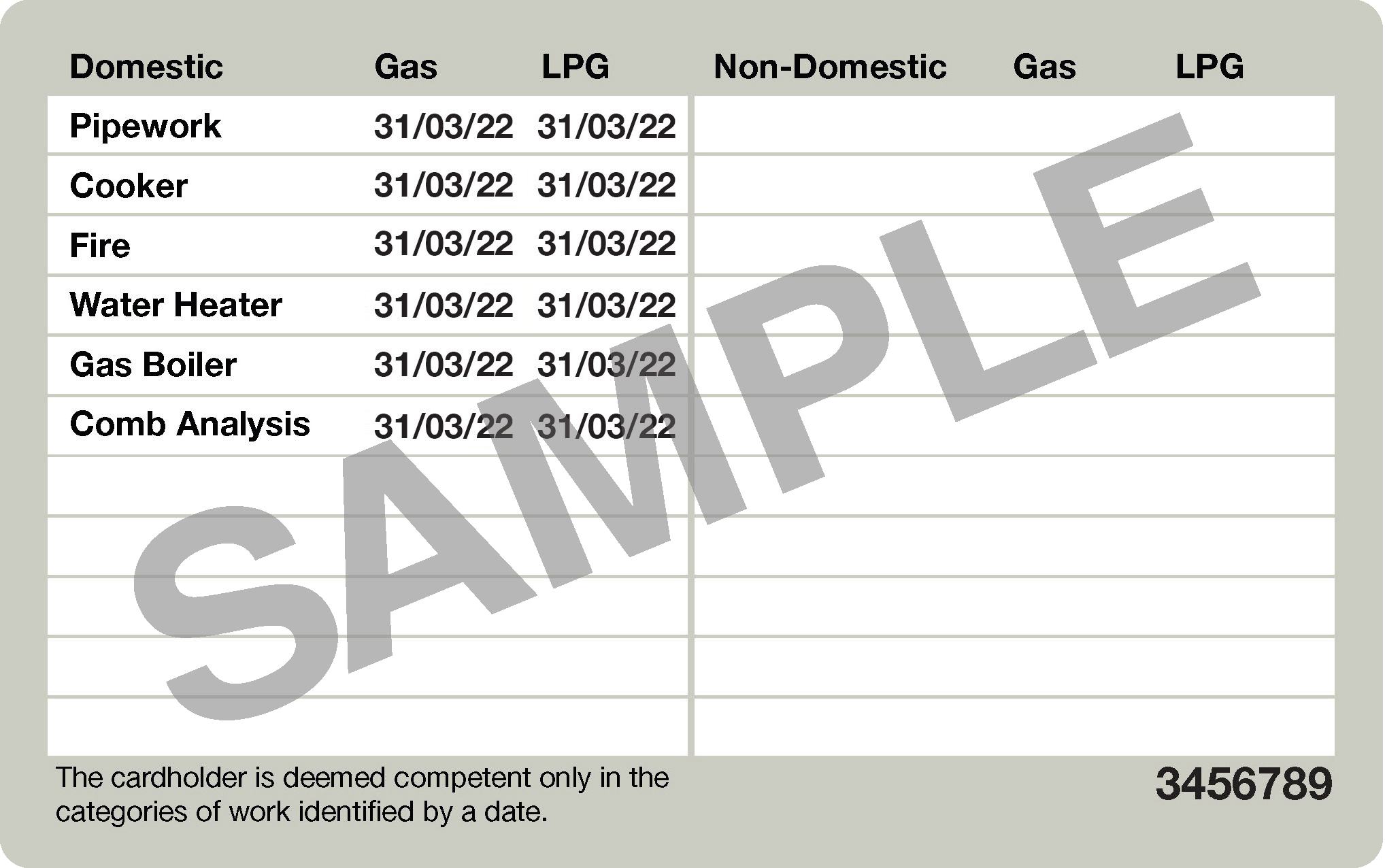How to keep your business gas safe
Gas Safety Week is an annual awareness campaign designed to highlight the importance of gas safety at home and in the workplace. This year's event runs from Monday, September 11 to Sunday, September 17, and its organisers at the Gas Safe Register are asking more businesses to get involved and help spread the gas safety message.
If you use gas at your business premises, whether to cook food or simply keep the building warm, there's a chance that a gas leak could put you, your staff, and your customers in danger.
If your building has gas appliances that have been fitted badly or haven't been serviced regularly, you are putting your business at risk of gas leaks, fires, explosions, and carbon monoxide poisoning.
Here are some of the main signs that you could have a gas leak and what to do if you spot one.
What to do if you smell gas at your business premises
It’s important to act fast in a gas emergency and there are a few steps you need to take straight away if you smell gas:
- Make sure you open all doors and windows to ventilate the building and then get out in the fresh air as soon as you can.
- Turn off the gas emergency control valve (also called the gas emergency shut-off valve) at the meter if you can access it.
- Put out all flames and don’t light anything inside the building or in the immediate area.
- Don’t use any electrical switches, including light switches, as these can spake and ignite the leaking gas.
- If anyone is feeling unwell, get them to a GP or hospital as they may be suffering from carbon monoxide poisoning (more on that below).

Once you've taken those emergency steps, keep everyone out of the building and call the free, 24-hour National Gas Emergency Helpline. And don't turn the gas supply back on until it’s been checked by a Gas Safe registered engineer.
The gas emergency number you need depends on where your business is based in the UK:
| Country | Natural Gas (NG) | Liquified Petroleum Gas (LPG) | Towns Gas/Mains Gas** |
| England, Wales and Scotland | 0800 111 999 | Contact number on bulk storage vessel or meter* | N/A |
| Northern Ireland | 0800 002 001 | Contact number on bulk storage vessel or meter* | N/A |
| Isle of Man | 0808 1624 444 | 0808 1624 444 | 0808 1624 444 |
| Guernsey | N/A | 01481 749000 | 01481 749000 |
| Jersey | N/A | 01534 755555 | 01534 755555 |
If the gas engineer finds an issue with any of your gas appliances, make sure you follow their advice. Contact a Gas Safe registered engineer to fix the appliance if needed, then they can check it’s safe.
What does a gas leak smell like?
Gas is actually odourless but has a harmless artificial scent (called mercaptan) added so it gives off that sulphur-like smell to enable quick detection.
Getting a whiff of that distinct smell of rotten eggs is usually the first sign of a gas problem. But if your appliances are leaking carbon monoxide, this can be much more difficult to spot as it has no smell.
Carbon monoxide poisoning affects over a thousand people each year and can be fatal. It accounts for around 50 deaths and 4,000 medical visits in the UK every year, so it’s important that you know of the warning signs to look out for and what to do if the worst should happen and you have a leak.
How to spot a carbon monoxide leak

Carbon monoxide (CO) is a tasteless, colourless, and odourless gas, which means it's almost impossible to detect. But there are a few signs you should look out for, so check for the following signs that your appliances aren’t working properly:
- A lazy yellow or orange flame instead of a crisp blue one
- Black marks around the appliance
- A pilot light that keeps going out
- More condensation than usual on the inside of windows
If you think some of your equipment could be faulty, get a Gas Safe registered engineer round to take a look as soon as possible. You can find a local engineer on the Gas Safe Register website.
How to spot the signs of carbon monoxide poisoning
You should also make sure you know the signs of carbon monoxide poisoning. If there is a leak, then people on the premises might also feel some of the following symptoms:
- Headache
- Nausea
- Dizziness
- Breathlessness
- Collapse
- Loss of consciousness
If anyone is suffering from one or more of the following symptoms, you should get everyone out of the building straight away. If it is carbon monoxide poisoning, the symptoms will probably start to ease off almost as soon as the fresh air hits you.
You should have a business procedure in place for suspected gas leaks, which should be something like this:
- Open all doors and windows
- Get everyone out of the building, even those who might be on different floors
- Switch off any gas appliances
If anyone thinks they could be suffering from carbon monoxide poisoning, they should contact their GP who can give them the once over to see if they need treatment for carbon monoxide poisoning.
If you're concerned there is immediate danger, call the gas emergency helpline on 0800 111 999 (mainland GB), 0800 002 001 (Northern Ireland) or look up the number for your UK region at https://www.gassaferegister.co.uk/what-to-do-in-an-emergency/.
Who can check for a gas leak?
Although anyone can check for a gas leak - the smell of rotten eggs is a big giveaway - if you think there could be a leak it's worth getting a Gas Safe registered engineer can check your premises for you.
Fitting a CO detector can help to give you an early warning sign of a carbon monoxide leak, as it will sound an alarm if it picks up any carbon monoxide at your premises.

For gas safety advice and to find or check an engineer visit the Gas Safe Register website or call the free helpline on 0800 408 5500.
But, as with most things, prevention is better than cure, so here are some ways to help keep your business gas safe.
8 ways to help keep your business gas safe
There are a few things you can do to make sure you are being as vigilant as you can with gas safety, this in turn can prevent leaks, carbon monoxide poisoning as well as fires and explosions:
1. Check your gas appliances every year
It’s important to make sure all your gas appliances are serviced regularly by a Gas Safe engineer. It’s simple to find a registered engineer near you, just go to StayGasSafe.co.uk.
2. Keep vents and chimneys clear
Make sure vents aren’t blocked or covered up. Vents are vital in allowing gas appliances to burn properly, and chimneys need to be cleaned regularly.
3. Fit an audible carbon monoxide alarm
It’s a good idea to get a carbon monoxide alarm fitted as they can instantly alert you of any leaks so you can act fast.
4. Only use gas appliances for the jobs they were designed to do
Make sure you only use your gas appliances for the use they were intended for. For example, don’t use a gas cooker to heat a room.
5. Get yourself and any employees familiar with emergency procedures
It’s vital to make sure all your staff are aware of the business procedure for gas leaks, which should be something like this:
- Open all windows if you smell gas
- Get everyone out of the building, even those who might be on different floors.
- Contact the relevant gas safety helpline for your region.
6. Share vital gas safety information
Ensure your colleagues, staff, friends and family know what to do in a gas emergency and make sure everyone is familiar with how to keep safe both at work and at home.
7. Make sure the engineer you’re using is Gas Safe registered
Before you call an engineer out, check to see if they’re properly qualified and Gas Safe registered. You can easily check any engineer at GasSafeRegister.co.uk or by calling 0800 408 5500.
8. Ensure your engineer is also qualified for specialist gas work
If you have an issue that requires specialist tools or knowledge, not all engineers will be able to deal with it. This means you'll need an engineer that is qualified to deal with your specific problem. You should be able to find out if they're the right person for the job by simply asking them, or by checking the details on the back of their Gas Safe ID card, as below.

Example of the front of a Gas Safe ID card.

Example of the back of a Gas Safe ID card, showing the type of work the engineer is qualified to do. In this instance, the engineer would not be qualified to work at your business premises.

